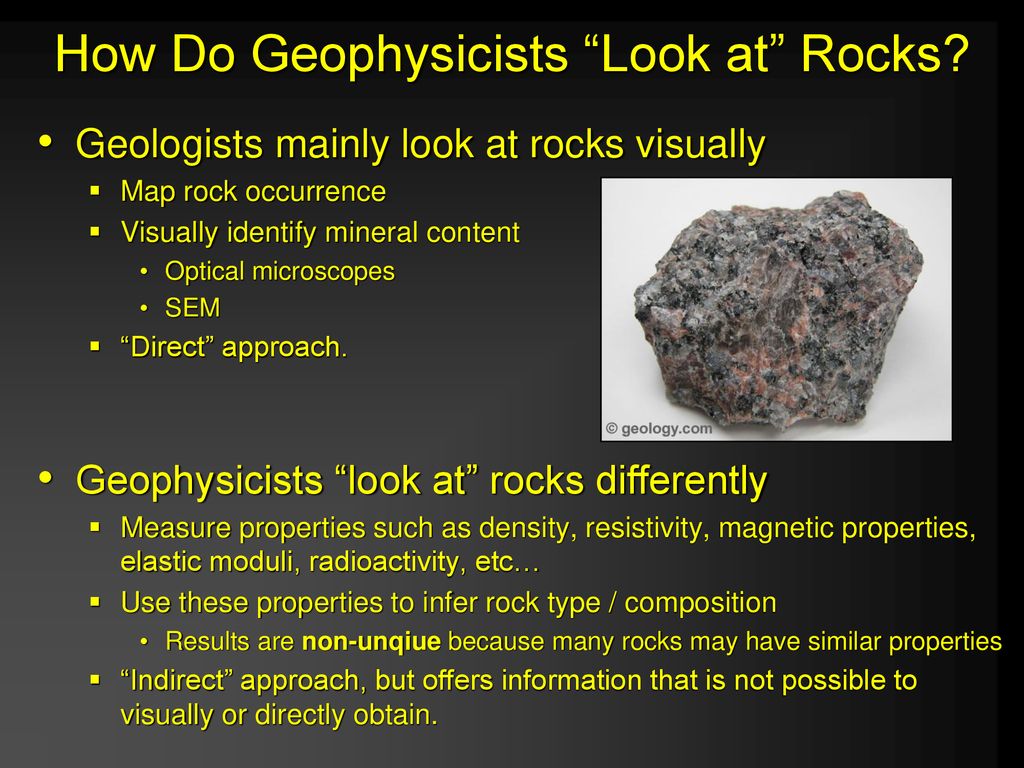All Categories
Featured
Table of Contents
Geological And Geophysical Surveys in Forrestdale Western Australia 2023
This work is increasingly contracted out, so consultancies supply another source of employment. Consultancy firms differ in size, from very little business to large multinationals. Some consultancies are quite specialised in using specific geophysical methods or operating in specific places, while others provide a more diverse series of services to their clients.
The extraction of gas from land fill websites is another area of work and this might grow in the future. Exploration companies may carry out work for construction firms, public utility, mining companies and environmental agencies, so geophysicists may be employed in any of these settings. Other employers include: geological surveysgovernment bodies and agenciesuniversities and research institutes.


Jobs might be listed in the oil and gas sector press. Recruitment is affected by oil cost variations and the level of competitors for positions varies depending upon this. Professions Days, which cover the complete range of geoscience careers and are generally attended by a number of crucial market employers, are run by The Geological Society.
Geophysical Survey Services in Kenwick Western Australia 2020
A few of the big oil and gas companies offer a full two-year structured training program throughout the breadth of geophysics, consisting of the chance to experience operate in numerous teams prior to specialising in one location. Your training may include deal with: existing wellsmagnetic and gravitational possible field information analysisresearchrock analysis. It's more typical for your preliminary training to be provided on the task.

There may be a probationary period during which you work together with an experienced coworker. Competency-based appraisals happen routinely in most companies. In smaller companies, and for scholastic posts, there is unlikely to be any formal training - you'll be expected to start work straightaway and choose up skills as you go along.
If you work for a smaller sized business, you may find that you need to take duty for organizing and funding your own advancement and training. If you have a geology degree, membership of The Geological Society can be useful for networking and for maintaining to date with the market.
Geophysical And Geotechnical Assessment in Winthrop Oz 2021
You may likewise find it useful to sign up with the PESGB (The Petroleum Exploration Society of Great Britain, which has a geophysics special interest group. After a probationary duration, and when you've acquired some experience, you might advance to senior geophysicist, then team leader and then into a senior function in management.
The ease of movement between roles depends on the business structure. Study at Masters or Ph, D level in a subject related to geophysics or geosciences might help with your career advancement and development. The work market within the oil and gas industry is extremely reliant on rate and this might affect your opportunities for career development.
For knowledgeable geophysicists, freelance consultancy uses a great path for career advancement. As a geophysicist, you're likely to have a number of tasks throughout your working life.
Geophysical Survey in White Gum Valley Australia 2023
From geophysics, it's possible to focus on seismology (finishing additional training to become a seismic interpreter) or to move into associated areas such as engineering geology or risk prediction.
Choosing what to study in college is a hard choice. Even if you know that your field of interest depends on science, what program of study is best for you? If you make the decision to significant in physical and life sciences and pursue a profession as a geophysicist, you're getting ready for an exciting and successful profession.
But the primary step to achieving your goal of ending up being a geophysicist is making a degree. Even for entry-level positions in the field of geoscience, you'll need a bachelor's degree (a geophysicist college degree) from an accredited college or university. Some research study positions need prospects to hold master's degrees or even Ph.
Geologists And Geophysicists in Karawara Australia 2020
Doctoral degrees are especially crucial if you prepare to teach at a four-year institution. Geophysicists use physics principles and strategies to study the gravitational, magnetic, and electric fields of the earth. This enhances scientists' understanding of both the world's interior core and its surface. Geophysicists should have the ability to: analyze rocks, photos, and other pieces of information perform research both in the field and in laboratories develop maps and charts of their findings compose reports To achieve all this, students need a specialized education for geophysicist professions.
As specified above, you'll require a bachelor's degree in geoscience or a related discipline, such as a physical science or a natural science, to land an entry-level job. However students can also prepare by learning topics like: Biology Chemistry Computer technology Engineering Mathematics Physics The above geophysicist majors use a more generalized method to a single clinical discipline, however many programs need students to take several geology course.
Latest Posts
Geophysical Survey In Archaeology in Neerabup Australia 2022
Geophysicists in Glen Forrest WA 2020
Geophysical Survey in Lockridge Oz 2023